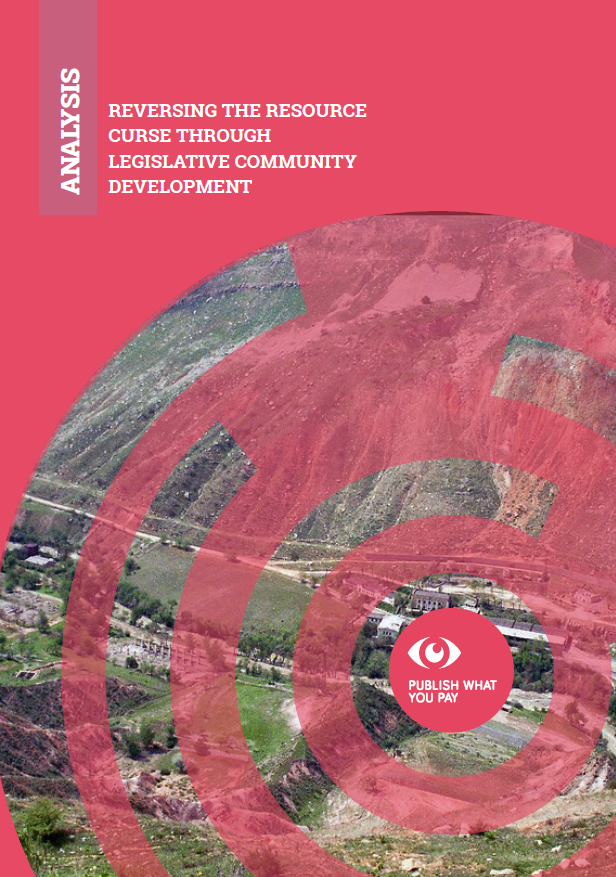‘Avalanche’, ‘deluge’, ‘tidal wave’ – there’s been a range of monikers for the amount of extractive data that is to come out over the next few years. By 2016, the EU Transparency and Accounting Directives will have yielded all the payments by project-level for all the extractive companies listed (and large companies non-listed) in the EU. That’s a lot of projects, and a lot of data – without even mentioning the information that will come out of the EITI reports that include project-level reporting, or the disclosures through regulations in the US and Canada. This is fantastic news for transparency campaigners, but a little daunting too – it’s perhaps no surprise that our monikers evoke awesome, rather than purely positive, forces.
What civil society keeps saying, and keeps getting told, is that we need to prepare for this avalanche. That activists need to be ready to use the data. As it happens, quite a few of the PWYP coalitions have been using the data all along. Ahead of ‘Open Data Day’ this Saturday, we’ve give a ‘Using the Data’ twist to our newsletter! To begin with, here is a round-up of some of the ways PWYP coalitions have been gearing up for the avalanche…
PWYP Congo Brazzaville
Transparency successes such as implementing EITI helped provide important information about what Congo B was getting for its oil. But what the PWYP coalition also wanted to find out was what the country was doing with its oil monies – earlier this year, the coalition examined the country’s health budgets and followed the money to see whether funds were being disbursed to the projects, and whether projects were being realised. PWYP Congo-B revealed that in a great many cases, the money was not reaching its intended destination and that projects were not being properly executed. You can read more on the report and the coalition’s findings here.
PWYP Indonesia
PWYP Indonesia has been incredibly active both in using data but also in engaging with the field of Open Data. The coalition hosted a school of data fellow who has helped them develop the skills and knowledge for how to use data. PWYP Indonesia recently conducted a study – along with the Anti-Mining Mafia Coalition – that calculated how much potential mining revenue had been lost in 13 different provinces due to the lack of a transparent and effective tax collection system and created infographics from the findings to support their advocacy. Earlier this week, the coalition hosted an event where they shared their experiences and thoughts on open data’s potential for Indonesia.
PWYP Niger
Using data doesn’t always have to come in the form of fancy visualisations or spreadsheets – it is often as simple as using key data as evidence to back up your advocacy. This is precisely what PWYP Niger did when they wanted the government to renegotiate a better deal for its uranium with AREVA. Using the EITI report covering data from 2010, the coalition gleaned that although uranium made up 70% of Niger’s exports, it contributed less than 6% to the country’s GDP. PWYP Niger propagated this figure through speeches, debates, songs, marches and press releases. When the Niger government publicly announced it would seek to ‘rebalance’ its relationship with AREVA, it was PWYP Niger’s figure that they used! Used effectively, data can support strong messaging.











